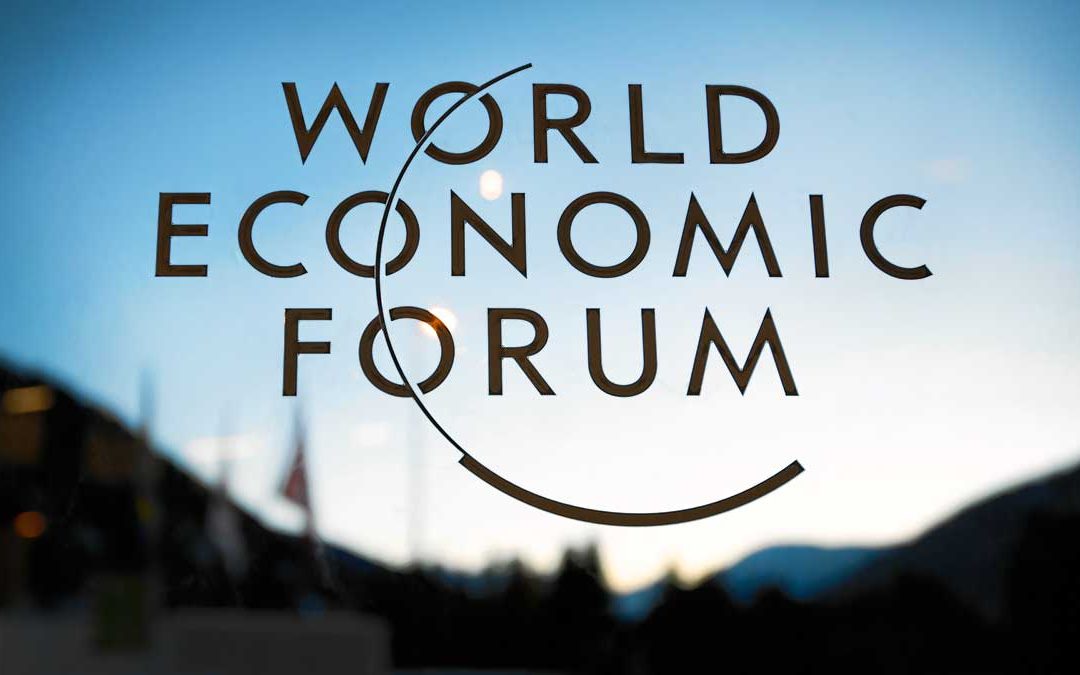Blockchain first conceptualized and implemented in 2009 as a core component of the bitcoin, is a transparent, public, append-only ledger that is used to record transactions across many computers so that the record cannot be altered retroactively. This allows the participants to verify and audit transactions inexpensively.
Earlier this year world leaders have struck a cautionary tone on certain cryptocurrencies in statements made during the World Economic Forum in Davos, indicating that a severe political and regulatory responses might be legislated this year.
Stephen Poloz, governor of the Bank of Canada, equated Bitcoins to speculative gambling. U.S. Treasury Secretary Steven Mnuchin, IMF head Christine Lagarde and UK Prime Minister Theresa May urged governments to take the criminal risks “very seriously” and have hinted that they might take the same approach as South Korea that has recently announced a clampdown on digital currencies.
Despite their concerns about cryptocurrencies, world leaders and regulators at Davos lauded the blockchain technology as “a true piece of genius.” Lagarde called it “fascinating.” And billionaire investor George Soros said blockchains

“can be put to positive use,” including by “helping migrants to communicate with their families and to keep their money safe and carry it with them.”
Timothy Ruff, cofounder and CEO of Evernym, a startup that’s developing a blockchain for identity, spoke eloquently about the technology’s potential for humanitarian aid.
IBM and HP are already offering blockchain as a service solutions and are expecting blockchain implementation to accelerate innovation and automatization in banking, financial markets and Healthcare where providers rally for blockchains for clinical trial data, regulatory compliance and electronic medical records (EMR). Government organizations are embracing blockchain to boost efficiency and collaboration. Insurance agencies are looking to automate transaction processing and reconciliation, help protect parties and their interests, and ensure accurate valuations for insured items.
Walmart has already run two blockchain experiments in partnership with IBM. The first involved tracking Chinese pork. The second involved tracing Mexican mangoes. Actually retailers and food companies such as Unilever, Nestlé, and Dole are already aiming to use blockchain to maintain secure digital records and improve the traceability of their foodstuffs, like chicken, chocolate, and bananas. These companies see blockchain as an opportunity to revamp their data management processes across a complex network that includes farmers, brokers, distributors, processors, retailers, regulators, and see blockchain as the system that has the ability to reduce that time to seconds.



Sрot on with this write-up, I actually believe that this site needs mucһ more attention. I’ll probably
be returning to read through more, thanks for the advice!